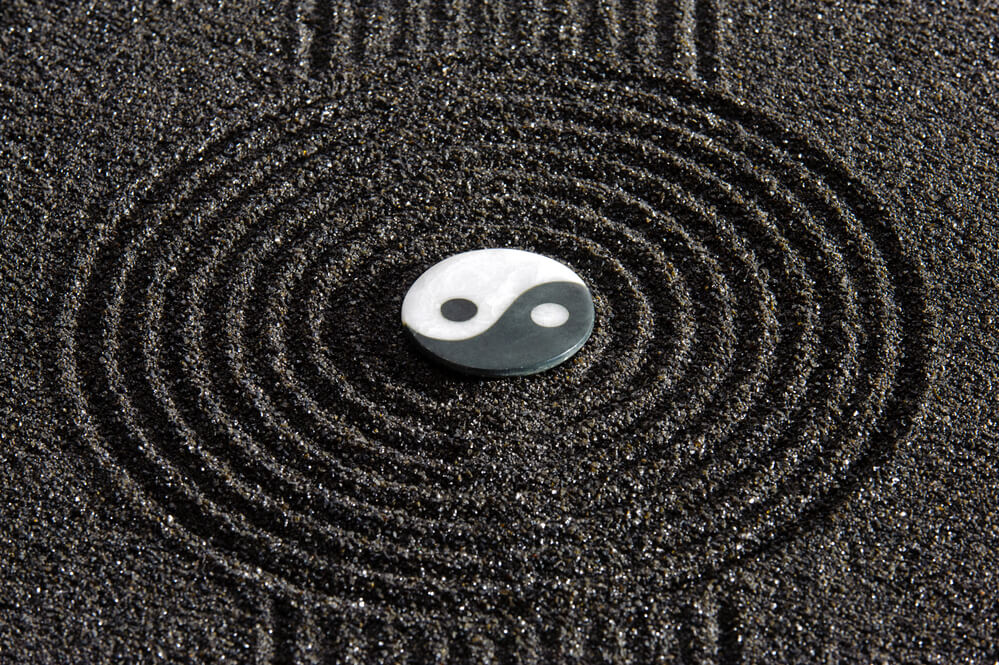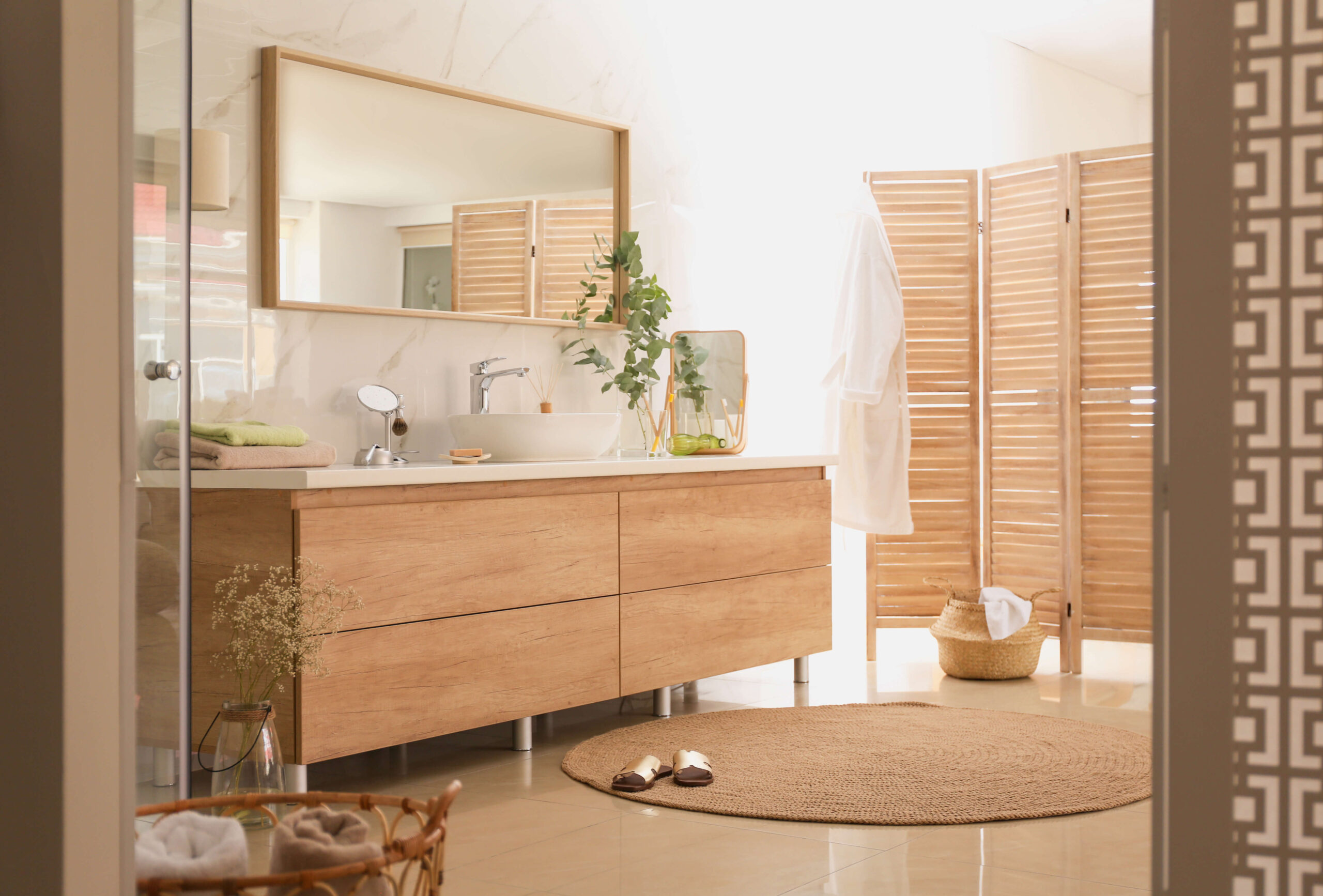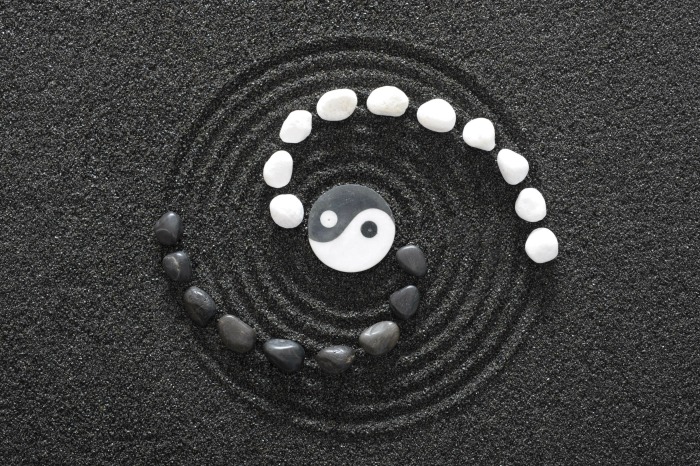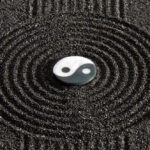10 Best Feng Shui Plants
for Your Home
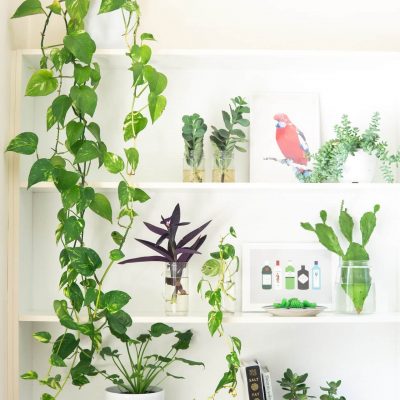
Many of us believe that plants can bring life into any space. Their very presence, colour, and energy can often make us feel more alive. For those that practice Feng Shui, there are reasons why specific plants should be placed within our home or work space.
Good Feng Shui energy in our homes and workplaces allows us to create life-enhancing environments and thus allows us to thrive and feel our best. Knowing which plants are beneficial can be just the boost you need when trying to create the best chi.
Creating Great Chi:
Everything in the universe is made up of molecules which bounce against each other and create motion or vibration. This vibration is called chi.
Chi is a positive phenomenon and those that practice Feng Shui believe that if your environment is arranged in a way that circulates this life-force energy, you will flourish and create harmony and balance in life.
Plants are an addition to everyday life that affects the circulation of chi and can activate positive energy.
So where should you start?
Benefits of Plants:
There are benefits to introducing plants to your home and workplace that are specific to Feng Shui.
- Living, breathing plants bring in fresh, vital chi. By introducing life to an environment, plants help to generate feelings of vitality and energy. This living energy is imperative in creating a clear space for chi to flow.
- Plants freshen the air and improve air quality. Some help to purify the air by lowering CO2 levels, while others help by removing dust, mold, and bacteria.
- Some plants absorb everyday toxins from EMF (electromagnetic fields) which are emitted from electronic devices. This can be especially advantageous in a home office, or workplace.
Choosing Your Plants:
When practicing Feng Shui, certain plants are considered “good” due to their physical and symbolic benefits:
Lucky Bamboo:
- Symbolism: Represents peace, wisdom, and growth. The number of stalks has different meanings, such as two for love, three for happiness, and five for health.
- Placement: Ideal in the east or southeast corner of your home for health and wealth, respectively.
- Care: Thrives in indirect light with fresh, clean water.
Golden Pothos:
- Benefits: Excellent air purifier, particularly effective in removing formaldehyde and carbon monoxide.
- Symbolism: Symbolizes perseverance and longing, making it a good plant for areas with stagnant energy.
- Care: Easy to maintain, requiring low to moderate light and minimal watering.
Jade Plant (Money Plant):
- Symbolism: Round leaves symbolize wealth and prosperity. Known as the Money Plant, it’s believed to activate financial energies.
- Placement: Best in the southeast area of your home or office for financial luck.
- Care: Prefers bright light and occasional watering.
Chrysanthemums:
- Symbolism: Represents longevity and happiness. Golden yellow chrysanthemums are believed to bring a warm, cheerful energy.
- Benefits: Known to purify the air and remove toxins.
- Care: Require a bit more care with plenty of sunlight and regular watering.
Boston Fern:
- Benefits: One of the best air purifying plants, removing formaldehyde, xylene, and other toxins.
- Symbolism: Lush green fronds symbolize a cloak of protection, enhancing a sense of security.
- Care: Thrives in high humidity and indirect light; keep the soil consistently moist.
Red or Pink Flowers:
- Symbolism: Bring the element of fire, which can energize a space and attract passionate energy.
- Example: Red roses for love and romance, or pink peonies for luck and prosperity.
- Care: Depends on the specific flower, but generally require good sunlight and regular watering.
Multi-Element Plant:
- Concept: Represents the five Feng Shui elements (wood, earth, water, metal, fire) for balance and harmony.
- Example: A bamboo plant in a ceramic pot (earth), with pebbles (metal), water in the planter, and a red ribbon tied around it (fire).
- Care: Varies based on the plant chosen.
Peace Lily:
- Benefits: Excellent air purifier, removing toxins such as benzene and formaldehyde.
- Symbolism: White flowers bring a sense of peace and tranquility, resolving tensions.
- Care: Prefers shade and low light, making it easy to care for indoors.
Spider Plant:
- Benefits: Great for removing pollutants from the air, including carbon monoxide and xylene.
- Symbolism: Its resilient nature symbolizes strength and adaptability.
- Care: Very easy to grow, needing indirect sunlight and occasional watering.
Ficus:
- Benefits: Known for its air-purifying qualities and can help reduce indoor air pollution.
- Symbolism: Often associated with good luck and prosperity.
- Care: Prefers bright, indirect light and moderate watering.
These plants not only contribute to a more aesthetically pleasing environment but also enhance the overall energy and balance of a space according to Feng Shui principles.
Remember, the key to benefiting from these plants is proper care and placement, ensuring they are vibrant and healthy to maximize their positive energy.
Plants to Avoid:
Some plants are considered to be “bad” in Feng Shui:
- Spiky plants such as cacti are undesirable due to their sharp points, which can cause arguments and create discomfort.
- Plants with droopy foliage, like ivy, can drag down energy levels, affecting productivity negatively.
Remember, any plant, even a Lucky Bamboo, can attract negative chi if it is not healthy, vibrant, and lush. Dead plants, even blooms or foliage, should be removed immediately to prevent negative energy.
Plants have the unique ability to refresh the air and rejuvenate chi. They can help to create an environment that encourages a positive flow of energy, which can have considerable effects on our finances, health, happiness, and personal relationships.
Yet another reason to go green!
FAQs About Indoor Feng Shui Plants
The Jade Plant (Crassula ovata) is excellent for home Feng Shui. Known as the “money plant,” it’s believed to attract wealth and prosperity.
Its round, green leaves symbolize energy and renewal, making it perfect for enhancing the Feng Shui of your home, especially when placed in the southeast corner.
The Lucky Bamboo (Dracaena sanderiana) is considered a powerful symbol of good luck and prosperity.
According to Feng Shui, its vertical shape represents the element of wood, which influences our life energy, vitality, and physical activity. It’s most beneficial when placed in the east or southeast corner of your home.
The Money Tree (Pachira aquatica) is believed to attract wealth and is often dubbed the “magnet” for money in Feng Shui. Its braided trunk traps fortune within its folds, and the five-leafed branches symbolize the five elements of Feng Shui, harmonizing them to create positive energy.
Placing it in the southeast corner or the entrance of your home can enhance its effects.
The Snake Plant (Sansevieria trifasciata), also known as the Mother-in-Law’s Tongue, is renowned for its air-purifying qualities, removing toxins and shielding against negativity.
According to Feng Shui, its upward-growing leaves can absorb negative energies, promoting a healthier and more positive environment. It’s best placed in areas with less traffic, such as corners, to keep the positive energy flowing.
When advising clients on indoor plants for Feng Shui, assess their space and personal goals first. Suggest plants that align with their needs, whether it’s attracting wealth, promoting health, or enhancing positivity.
Explain the significance of each plant’s placement and how it can harmonize with the home’s existing elements. Tailor your recommendations to each client’s unique living environment and aspirations.
You can learn how to advise clients on indoor plants through Ultimate Academy®’s Feng Shui course.
The Orchid (Orchidaceae) is celebrated in Feng Shui for bringing happiness, wealth, and longevity. Its elegant and colorful flowers symbolize perfection and spiritual growth, attracting positive energy and fostering harmony in relationships.
Placing orchids in the bedroom or living room can enhance personal connections and bring a sense of peace and prosperity to the household.
Incorporating these plants into your home according to Feng Shui principles can create a more harmonious and energizing living space, tailored to your personal goals and well-being.





